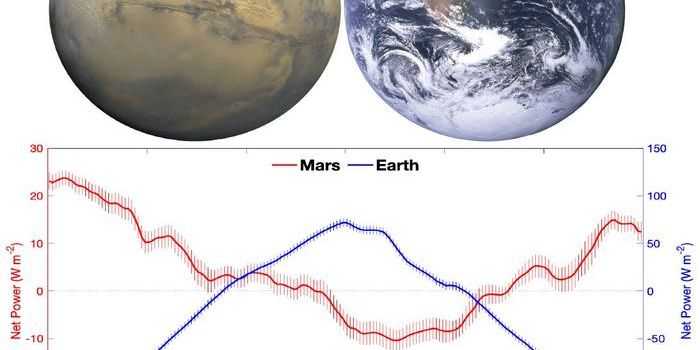Astrobiology and Broccoli Gas
In a recent study published in The Astrophysical Journal, a team of researchers led by the University of California at Riverside (UCR) discussed how a well-known process called methylation can potentially help detect signs of extraterrestrial life on other planets. Along with methylation being a well-known process, the well-known vegetable, broccoli, demonstrates this very same process on a regular basis. This study holds the potential to expand our knowledge of astrobiology and how to search for life beyond Earth.
"Methylation is so widespread on Earth, we expect life anywhere else to perform it," said Dr. Michaela Leung, UCR planetary scientist, and lead author of the study. "Most cells have mechanisms for expelling harmful substances."
A specific methylated gas known as methyl bromide possesses several edges over more traditionally focused gases while searching for extraterrestrial life beyond our solar system. This is due to the ability of methyl bromide to stay in the atmosphere for a shorter period than these traditional gases, along with being able to absorb light in close proximity to its “cousin” biosignature, methyl chloride. This allows both gases and life easier to locate.
"If you find it, the odds are good it was made not so long ago -- and that whatever made it is still producing it," said Dr. Leung. "There are limited ways to create this gas through non-biological means, so it is more indicative of life if you find it.”
The study’s findings concluded that methyl bromide would be detected more easily around what’s known as a smaller M dwarf star, which means locating this gas within our own solar systems like our own, which boasts a larger G type star, less likely. This is due to the presence of 10 times the amount of M dwarfs stars compared to our own, along with them being both cooler and smaller than our Sun.
"An M dwarf host star increases the concentration and detectability of methyl bromide by four orders of magnitude compared to the sun," said Dr. Leung.
The researchers hope that these are reasons enough to target M dwarf stars for upcoming biosignature searches for life on exoplanets.
"We believe methyl bromide is one of many gases commonly made by organisms on Earth that may provide compelling evidence of life from afar," said Dr. Eddie Schwieterman, UCR astrobiologist, and a co-author on the study. "This one is just the tip of the iceberg."
Sources: The Astrophysical Journal
As always, keep doing science & keep looking up!









